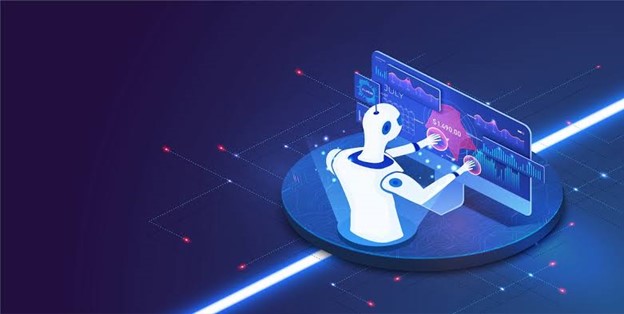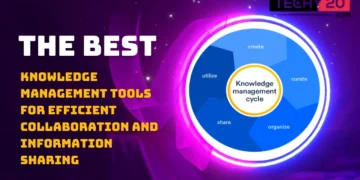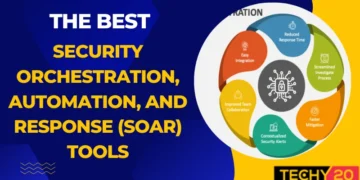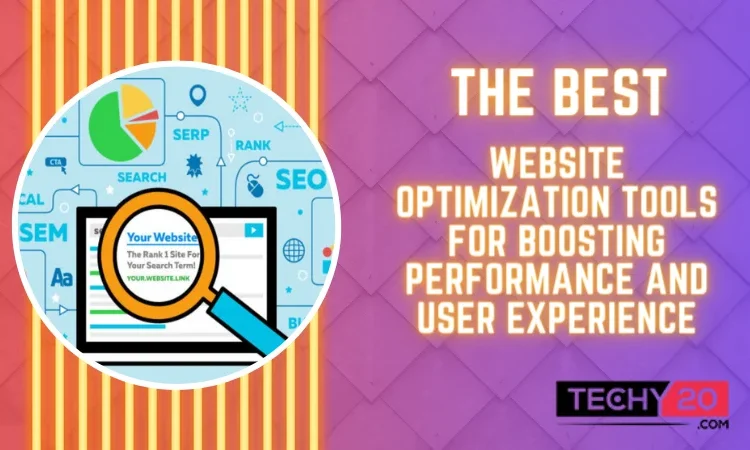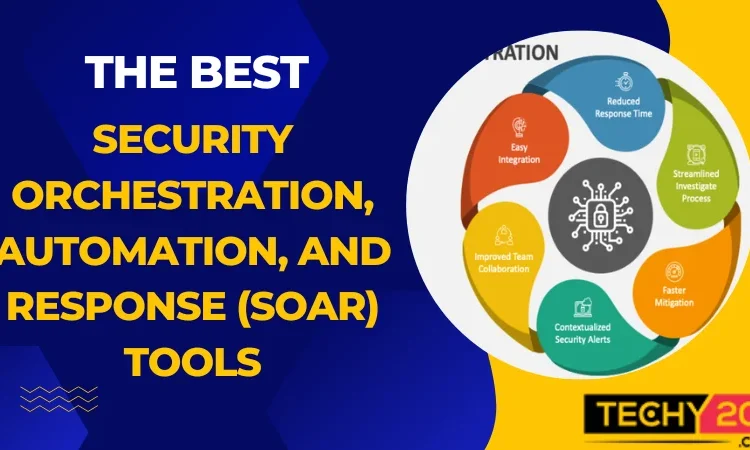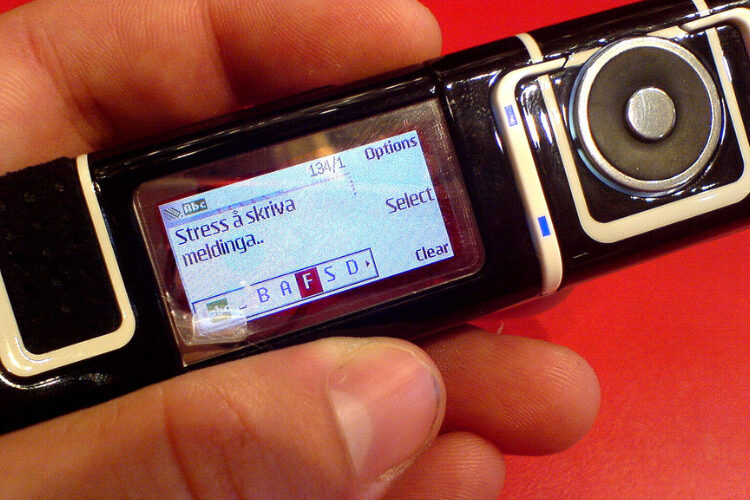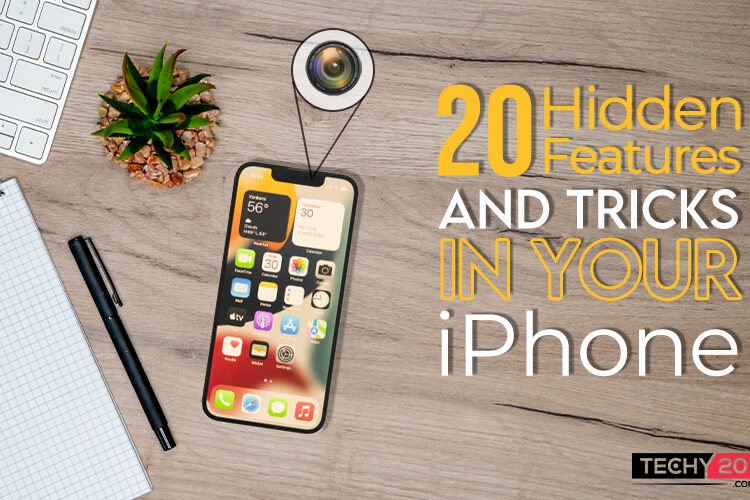The internet has become a vital part of our lives and has switched the way we communicate, access information, and interact with the world around us. However, despite its widespread use and popularity, there are still many misconceptions and myths about the internet that persist. In this article, the internet is a complex and dynamic technology that has revolutionized the way we live, work, and interact with the world around us. While there are many misconceptions and myths about the internet, the facts show that it is a powerful and versatile tool that can benefit individuals and society as a whole. we will explore 20 of the most common myths about the internet, and provide the facts that debunk these myths.
1. The Internet Is A Recent Invention
Many people believe that the internet is a relatively recent invention, but this is not the case. The internet has spanned from the 1960s when the United States military developed a network of computers called ARPANET, which was used to share information and communicate with other computers. Over the years, the internet has evolved and expanded, and today it is a global network of interconnected devices and systems.

2. The Internet Is A Single Entity
Some people think of the internet as a single entity, but this is not accurate. The internet is actually a complex network, consisting of millions of interconnected devices and systems. These networks are owned and operated by different organizations, and they use different technologies and protocols to communicate with each other.

3. The Internet Is A Lawless Place
Many people believe that the internet is a lawless place, where anything goes and there are no rules or regulations. However, this is not the case. The internet is subject to the same laws and regulations as the offline world, and illegal activities, such as fraud, piracy, and harassment, are punishable by law. In addition, many websites and online services have their terms of service and policies, which users are expected to follow.
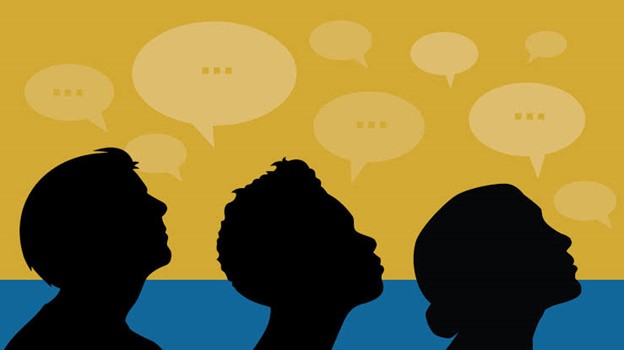
4. The Internet Is Anonymous
Some people believe that the internet is anonymous and that they can do and say whatever they want without being identified. However, this is not true. While it is possible to use the internet anonymously, most online activities leave a digital footprint that can be traced back to the user. In addition, many websites and online services collect and use personal information to identify and track users, and some governments

5. The Internet Is Inherently Insecure
Many people believe that the internet is inherently insecure and that their personal and financial information is at risk whenever they go online. While it is true that there are security risks associated with using the internet, these risks can be managed and mitigated. By using strong passwords, enabling two-factor authentication, and avoiding suspicious links and websites, users can protect themselves and their information from most security threats.
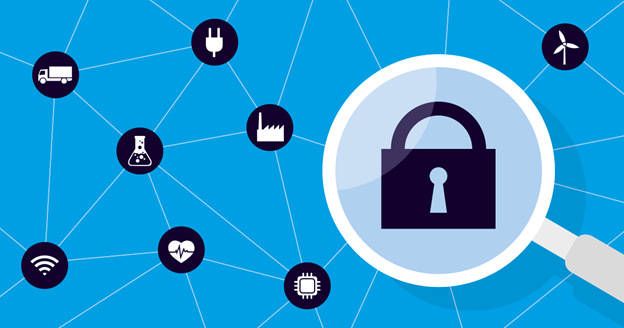
6. The Internet Is A Free-For-All
Everyone believes that the internet is a free-for-all, where anyone can access and use any information or resources they want without restriction. However, this is not the case. The internet is a vast and fiddly network, and many resources, such as websites, online services, and content, are subject to copyright and other intellectual property laws. In addition, many websites and online services require users to agree to certain terms and conditions before they can access and use their resources.
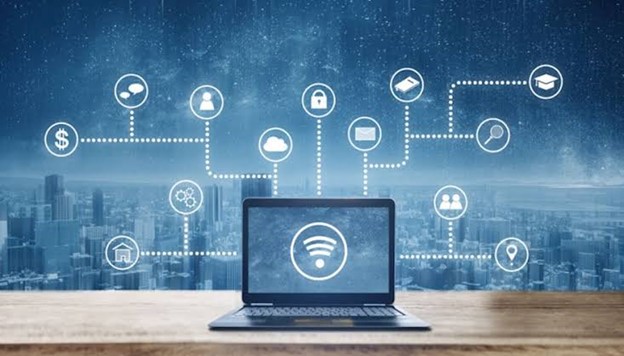
7. The Internet Is A Replacement For Real-World Interaction
Some people believe that the internet has replaced face-to-face interaction and that People no longer need to interact and socialize in person. and socialize. However, this is not true. While the internet has made it easy as pie for people to communicate and connect with others, it has not replaced the need for human interaction. Many people use the internet to facilitate and enhance their real-world relationships, rather than to replace them.
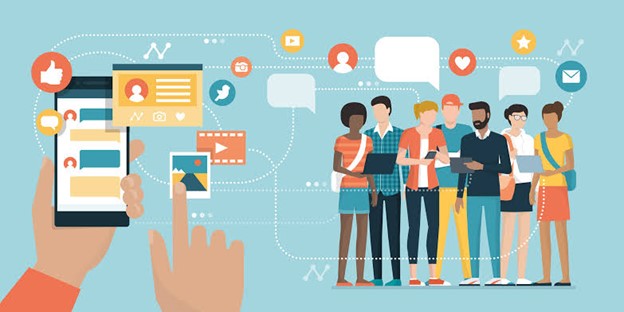
8. The Internet Is A Utopia
Many people believe that the internet is a utopia, where everyone is equal and there are no social or economic barriers. However, this is not the case. The internet is a reflection of the real world, and the same social and economic disparities that exist offline are also present online. In addition, the internet is subject to the same biases and prejudices as the offline world, and users may face discrimination based on their gender, race, age, and other factors.
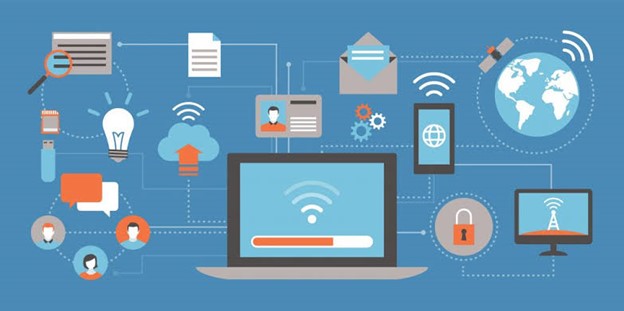
9. The Internet Is A Democratizing Force
every people believe that the internet is a democratizing force and that it has given everyone an equal voice and platform. However, this is not entirely true. While the internet has given many people the ability to share their ideas and opinions with a global audience, it has also given rise to the spread of misinformation and propaganda. In addition, the internet is not equally accessible to everyone, and many people, particularly those in developing countries, do not have access to the internet or the skills and resources needed to effectively use it.

10. The Internet Is A Replacement For Traditional Media
Many people believe that the internet has replaced traditional forms of media, such as newspapers, magazines, and television, and that these forms of media are no longer relevant or important. However, this is not the case. While the internet has disrupted the traditional media industry, traditional forms of media are still alive and well, and many people continue to consume and engage with this type of content. In addition, the rise of the internet has also led to the emergence of new forms of media, such as blogs and social media, which have expanded the range of voices and perspectives that are available to consumers.
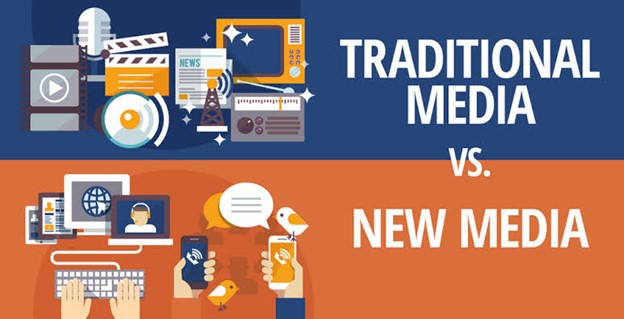
11. The Internet Is A Global Community
Everyone believes that the internet is a global community, where people from all around the globe come together to share ideas, information, and resources. While this is partially true, the internet is also divided by language, culture, and geography, and many people use the internet to connect with others who are similar to them, rather than to engage with people who are different. In addition, the internet is subject to the same national and international borders and regulations as the offline world, and users may be subject to different rules and restrictions depending on their location.
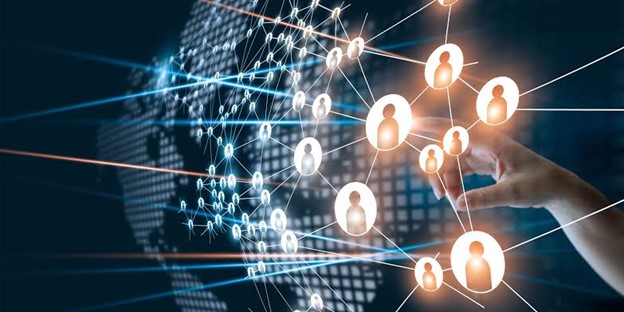
12. The Internet Is A Passive Medium
Many people believe that the internet is a passive medium and that users simply consume information and content that is provided to them. However, this is not the case. The internet is an active and interactive medium, and users can contribute their content, ideas, and opinions, and engage with others in real time. In addition, the internet is a participatory medium, and users can create, share, and collaborate on a wide range of projects, from blogs and websites to videos and social media posts.
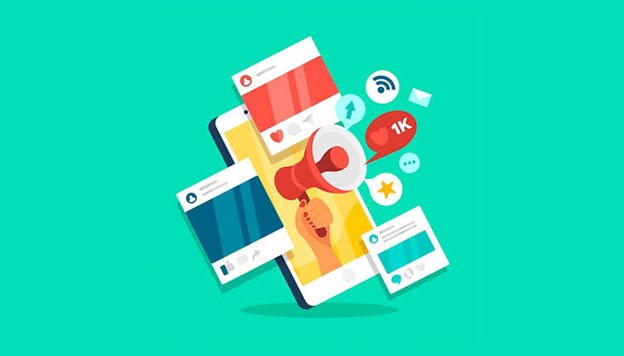
13. The Internet Is A Fad
Some people believe that the internet is just a fad and that it will eventually lose its popularity and relevance. However, this is not the case. The internet has been around for over 50 years, and it continues to grow and evolve. Indeed, the internet has become an integral part of our daily lives, and it is difficult to imagine life without it.
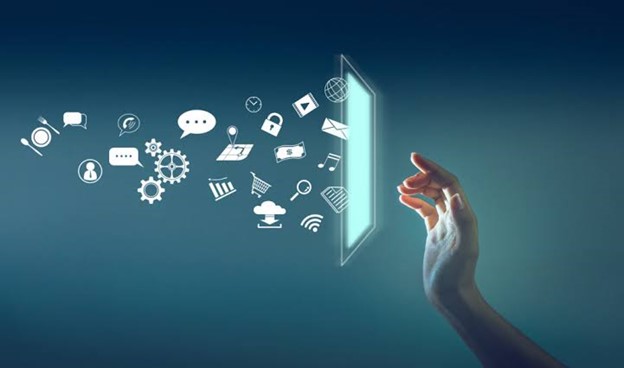
14. The Internet Is Unregulated
Many people believe that the internet is unregulated and that there are no rules or standards governing its use. However, this is not the case. The internet is subject to a range of laws, regulations, and standards, both at the national and international levels. In addition, many websites and online services have their policies and terms of service, which users are expected to follow.
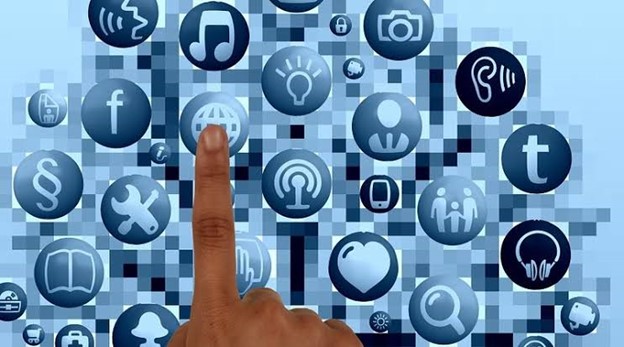
15. The Internet Is A Safe Space
people believe that the internet is a safe space, where they can be themselves and express their opinions without fear of judgment or retribution. However, this is not true. The internet is a public space, and users are subject to the same risks and dangers as they are in the offline world. In addition, the internet is not immune to cyberbullying, harassment, and other forms of abuse, and users may face negative consequences for their online activities.
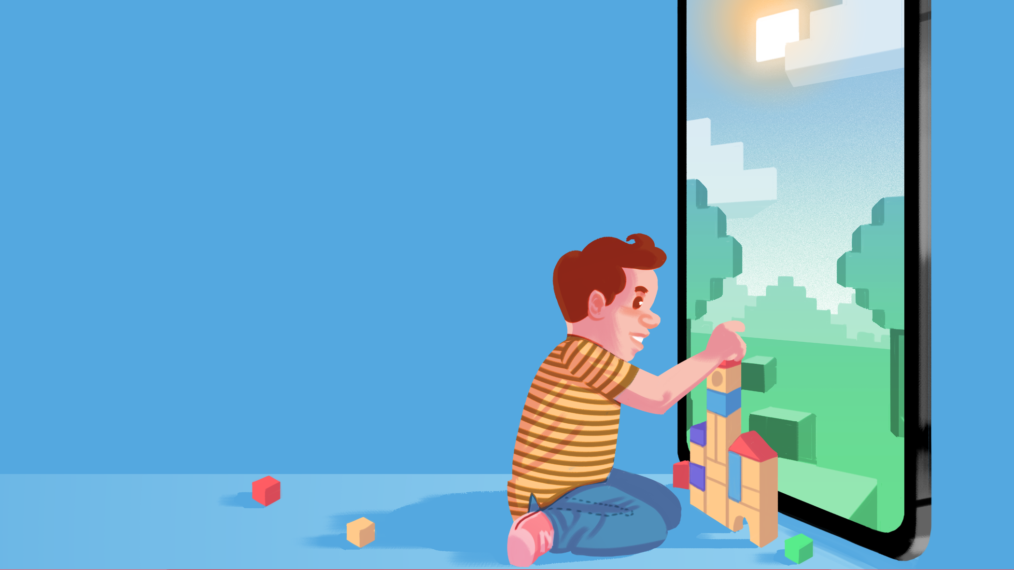
16. The Internet Is A Waste Of Time
Many people believe that the internet is a waste of time and that it is filled with frivolous and unimportant content. However, this is not the case. The internet is a vast and diverse resource, and it contains a wealth of information, ideas, and resources that can be used for education, entertainment, and personal growth. In addition, the internet can provide users with a platform for creativity, collaboration, and self-expression, and can be a valuable tool for learning, networking, and personal development.

17. The Internet Is Only For Young People
Some people believe that the internet is only for young people and that older individuals are not interested in or capable of using it. However, this is not true. The internet is used by people of all ages, and older individuals are increasingly adopting and using technology, including the internet. In fact, according to a recent study, the number of seniors using the internet has increased by nearly 50% in the past 10 years, and many older individuals use the internet for a wide range of activities, such as staying in touch with family and friends, accessing health information, and pursuing hobbies and interests.

18. The Internet Is A Replacement For Human Interaction
Many people believe that the internet has replaced face-to-face interaction and that People are no longer required to meet in person. to communicate and socialize. However, this is not the case. While the internet has made it less difficult for people to communicate and connect with others, it has not replaced the need for human interaction. In fact, many people use the internet to facilitate and enhance their real-world relationships, rather than to replace them.
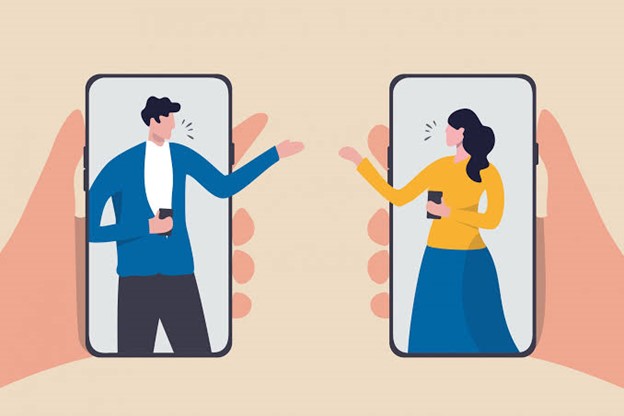
19. The Internet Is A Replacement For Reality
Some people believe that the internet has replaced reality and that people are more interested in their online lives than in the real world. However, this is not the case. While the internet can provide users with a virtual world to explore and engage with, it does not replace the real world. Many people use the internet as a tool to enhance their real-world experiences, rather than to escape from them.
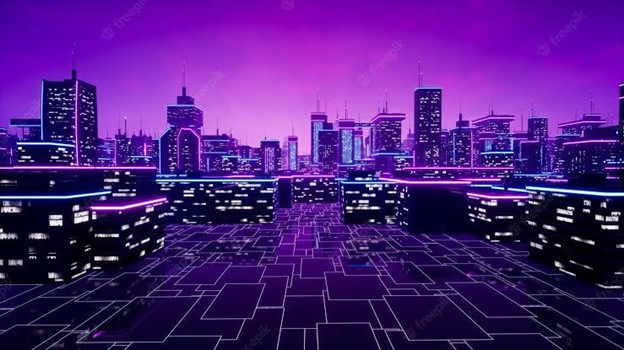
20. The Internet Is A Replacement For Intelligence
Many people believe that the internet has driven people lazy and less intelligent, as it allows users to access information and answers without having to think for themselves. However, this is not true. While the internet can provide users with quick and easy access to information, it also requires users to have the skills and knowledge to evaluate, analyze, and apply this information. The internet can be a valuable tool for learning and personal development and can help users to develop and enhance their critical thinking and problem-solving abilities.
